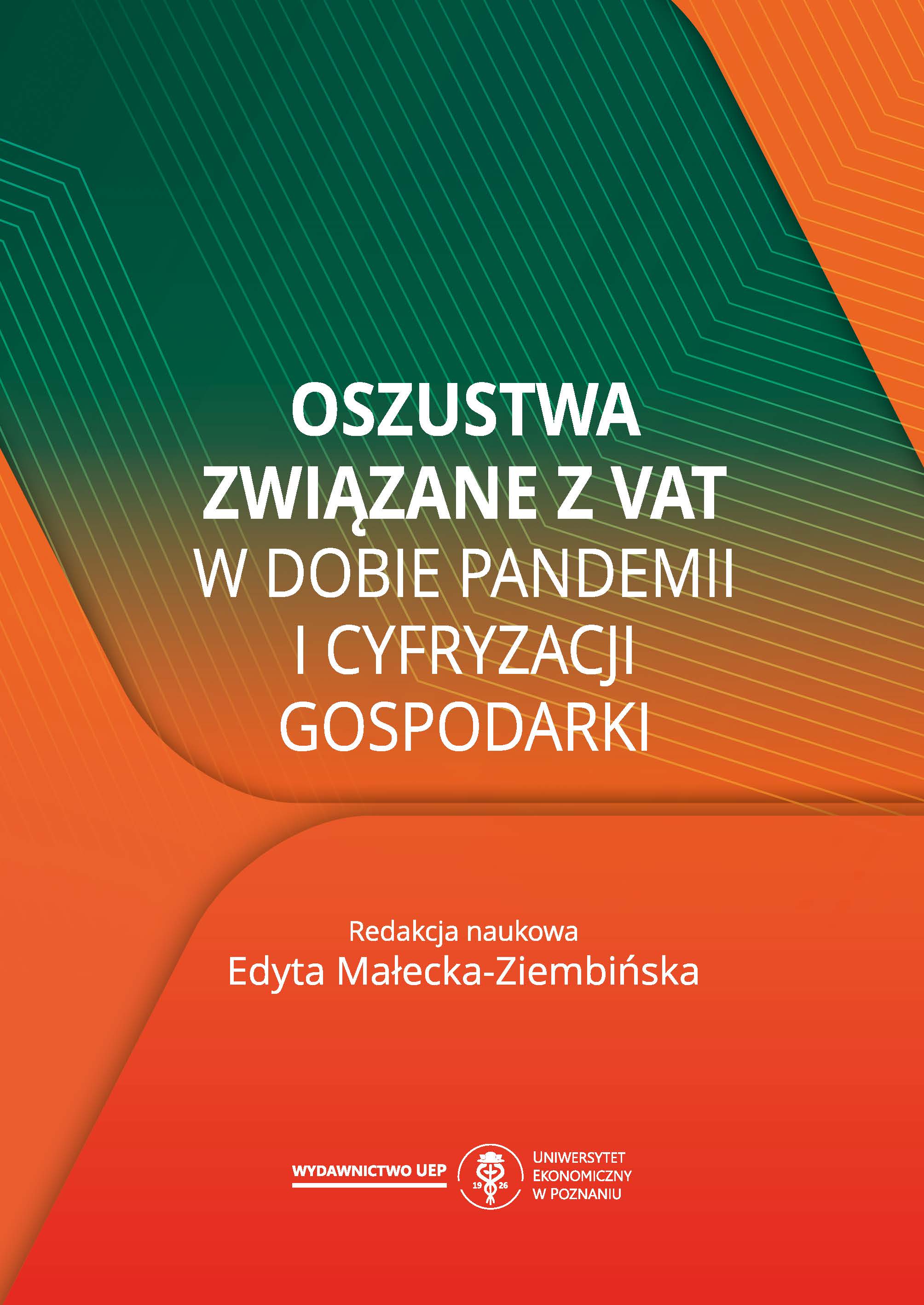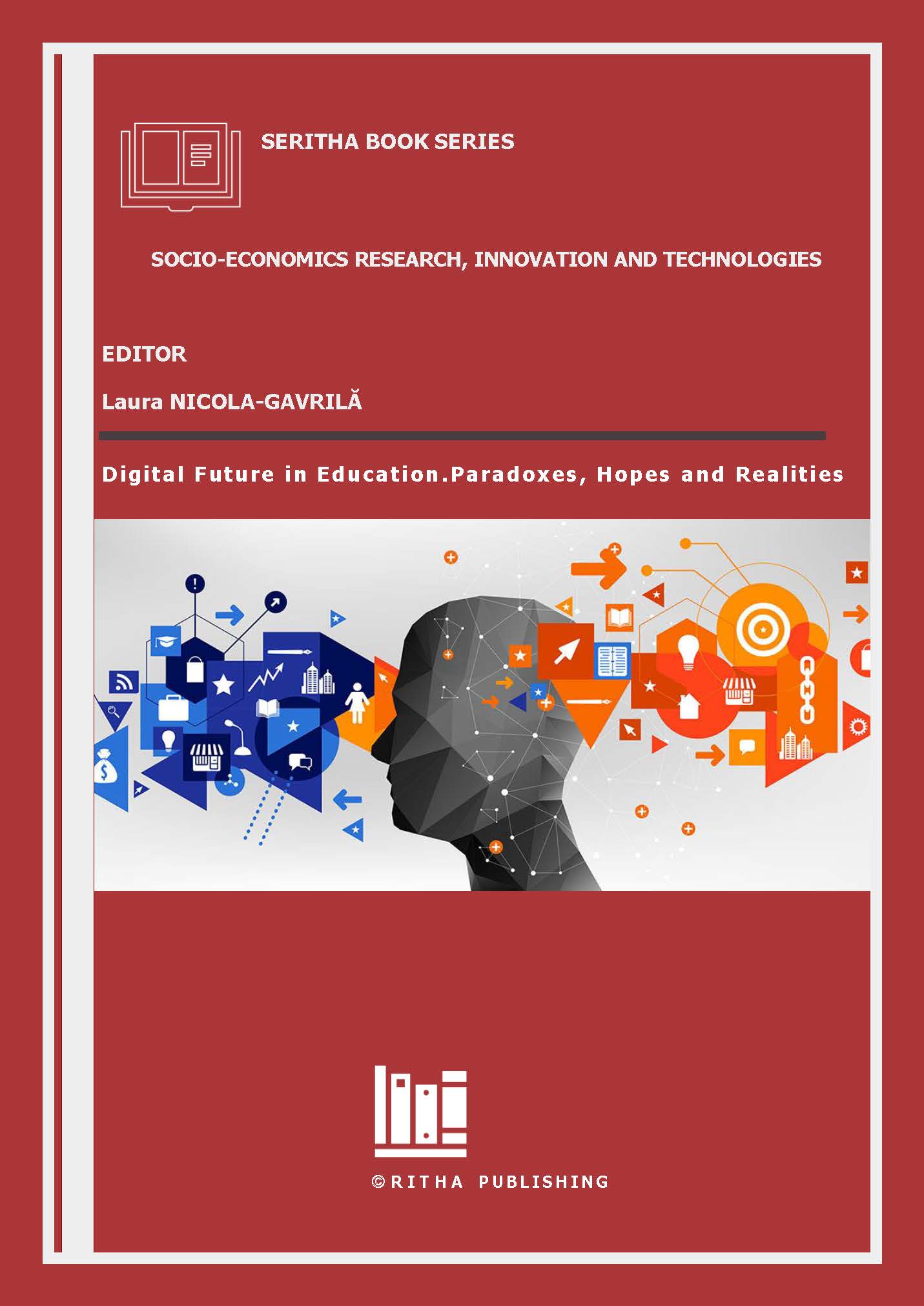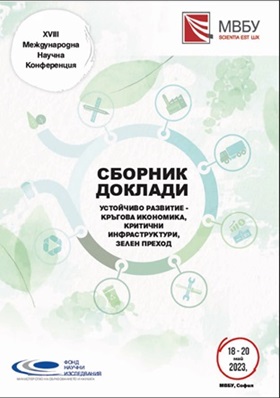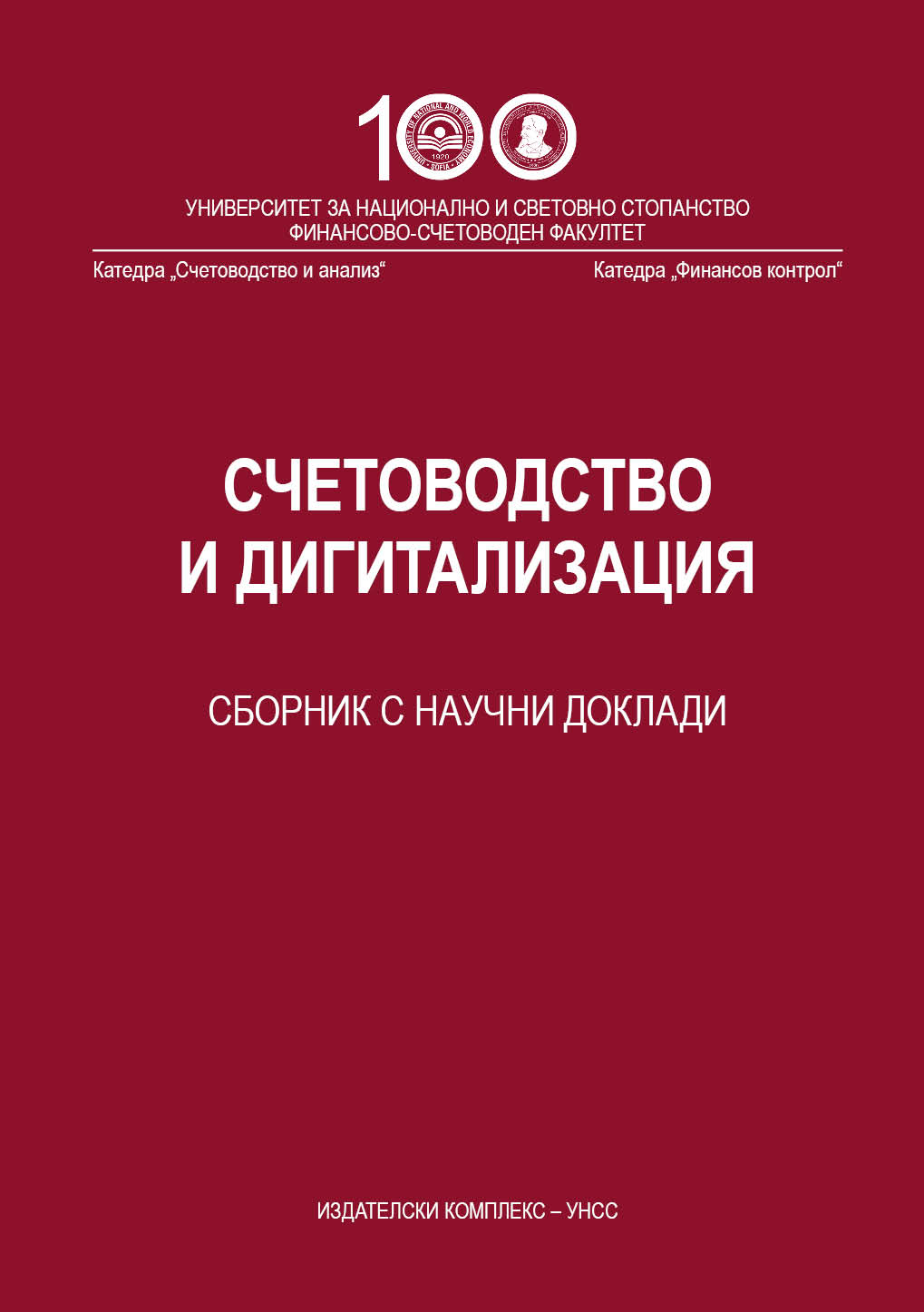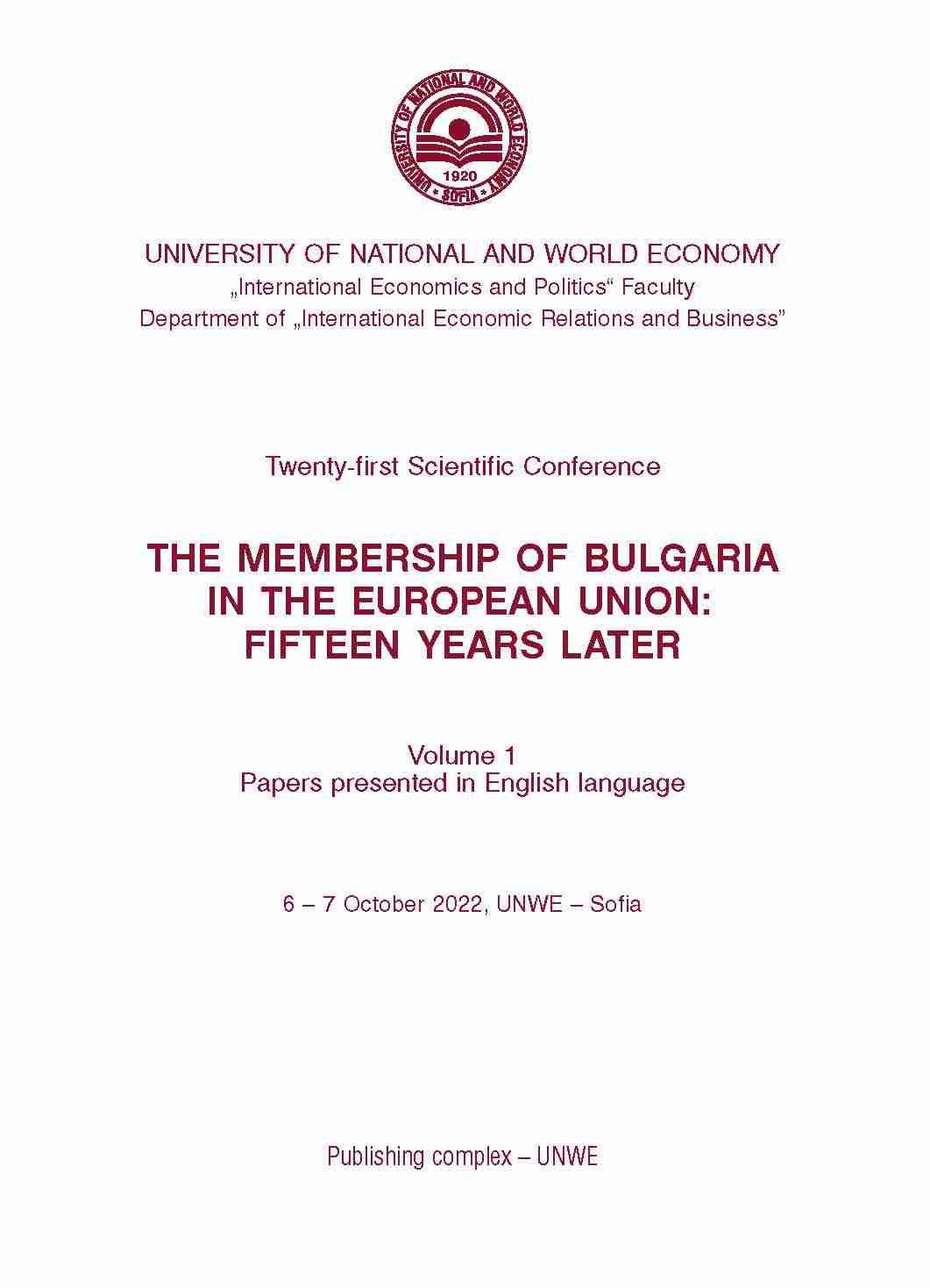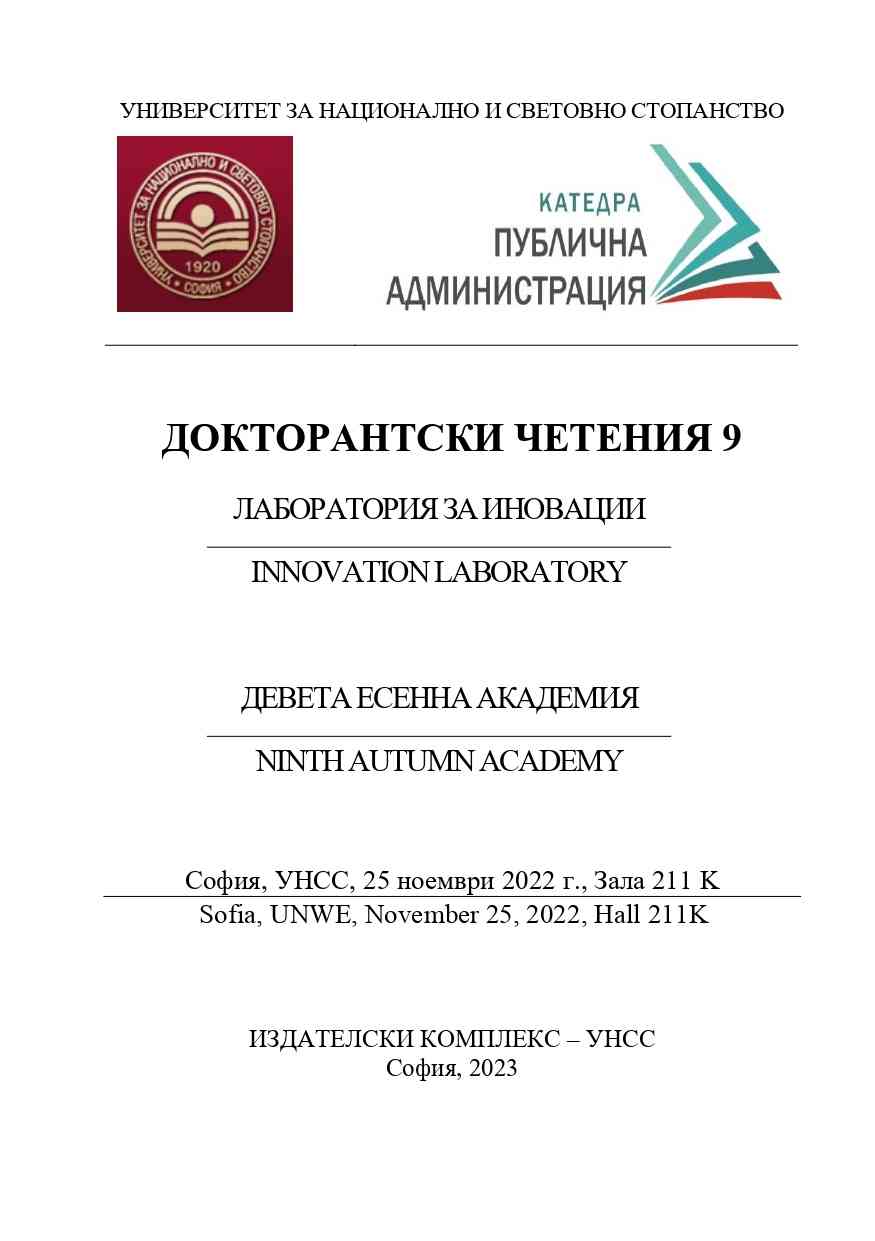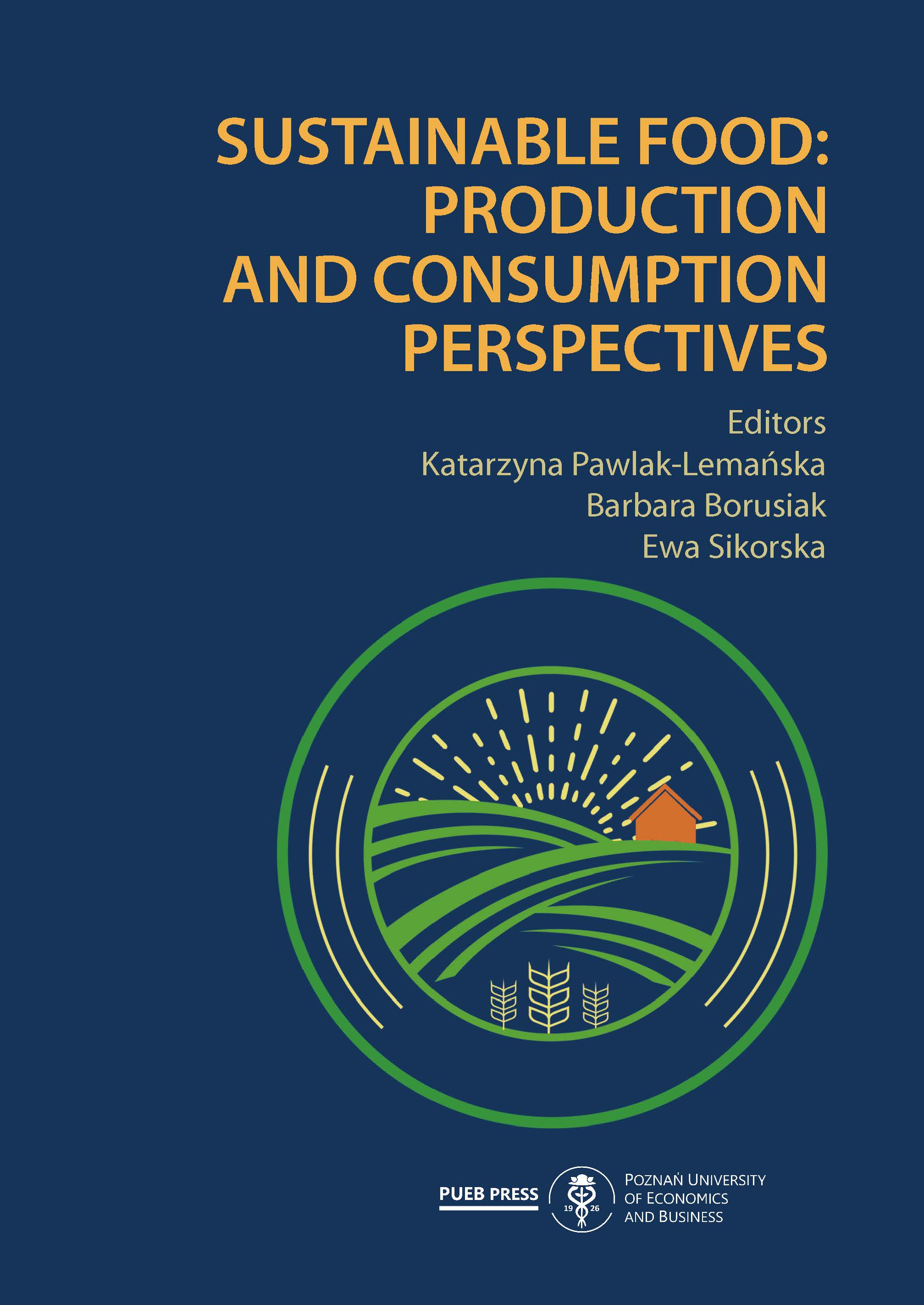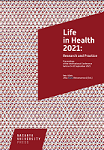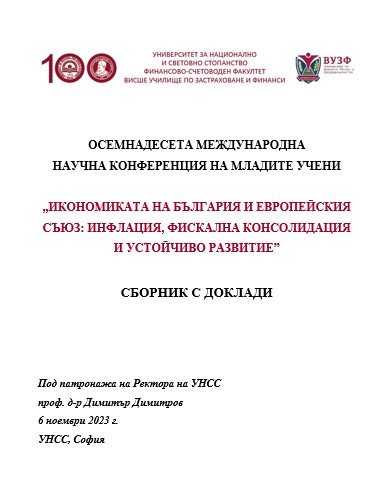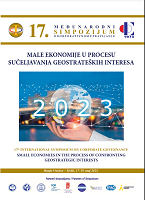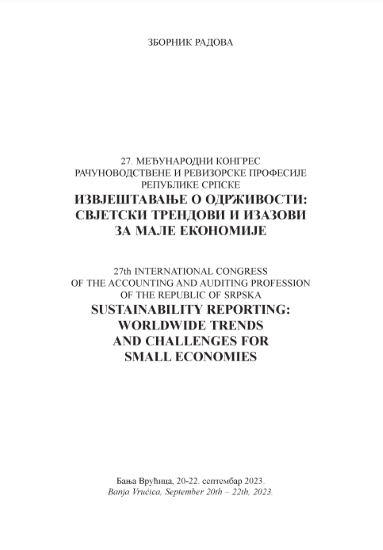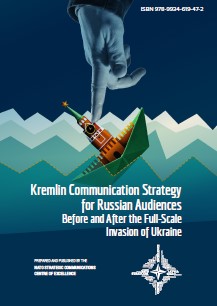
MICRO-PERSPECTIVE: THE RISE OF THE NEW COMMISSARS—AN ASSESSMENT OF RUSSIAN INFLUENCE CAMPAIGNS ON THE EVE OF THE WAR IN UKRAINE
Shortly after 21.30 MST on 21 February 2022, Russian president Vladimir Putin declared that Moscow was set to recognise the Donetsk People’s Republic (DPR) and Luhansk People’s Republic (LPR) in eastern Ukraine as independent territories. Moments later he gave the order for Russian ‘peacekeepers’ to deploy across the border into eastern Ukraine. Putin’s statement came just four days after a sustained surge in ceasefire violations by Russian and pro-Russian forces, which was reported by the Ukrainian Ministry of Defence on 17 February, and amid widespread, months-long speculation regarding the prospect of a full-fledged war on Kyiv.
More...
